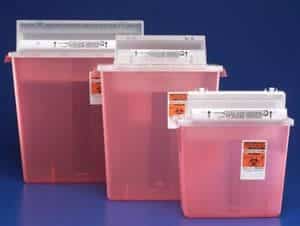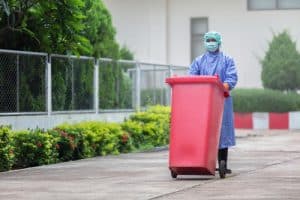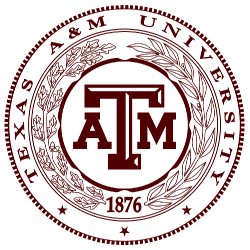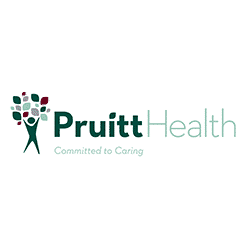Using Medical Waste Bins and Other Tips to Avoid Costly Medical Waste Mistakes
Using Medical Waste Bins and Other Tips to Avoid Costly Medical Waste Mistakes
 No company wants to be accused of violating the regulations on medical waste. Not only could it mean a hefty fine, but it can also lead to the damage to your reputation. Luckily, you can avoid getting a violation letter by avoiding some of the mistakes that get others into trouble. Proper procedures, including using the proper medical waste bins, can drastically cut down your chances of being flagged for violations. Here are some tips to help you stay compliant with your biohazard waste removal procedures.
No company wants to be accused of violating the regulations on medical waste. Not only could it mean a hefty fine, but it can also lead to the damage to your reputation. Luckily, you can avoid getting a violation letter by avoiding some of the mistakes that get others into trouble. Proper procedures, including using the proper medical waste bins, can drastically cut down your chances of being flagged for violations. Here are some tips to help you stay compliant with your biohazard waste removal procedures.
Use the Right Packaging for Transportation
Always transport infectious waste in approved containers. Approved containers are rigid, puncture resistant, and leak and spill proof. Most often when companies violate this regulation, it is with the transportation of sharps. In the past, many used to use household containers like milk jugs and margarine tubs. Getting stuck by a needle can have serious health consequences, so these days an approved sharps container must be used.
Use the Right Medical Waste Bins
Not only must you have the right containers for transporting waste, but you must also have the right medical waste bins in your facility. Each type of waste product must be discarded in the correct bin. Medical waste cannot be mixed together. The medical waste bins must be clearly marked so that everyone knows what can and cannot be discarded. So much of proper biohazard waste removal starts with proper categorizing. Medical waste bins are a good start.
Destroy Waste Properly
Between storage and destruction, there should never be a time when infectious waste is unaccounted. Every step of the way, there should be a paper trail that the DNR can follow to track how waste was handled. That means having a manifest that outlines exactly how it was transported and destroyed. This manifest will include all the dates and times that are relevant to the biohazard waste removal.
Do Not Transport Waste Yourself
There may come a time when you think it might be convenient to put medical waste in your car and transport it yourself. This is a big no-no. You must have a permit if you are transporting more than 50 pounds of medical waste, whether it is packaged correctly or not. Getting a permit means many training hours and a significant expense.
Do Not Put Waste in Your Sewer
Out of sight may be out of mind, but it is not out of danger. Putting medical waste into the sewer system might seem like a good solution at the time, but it can be a big danger to public health.
Make sure that everyone in the facility knows that the DNR will find you in violation for doing this, even if it is inadvertent.
Conduct Inspections
It is one thing to put all of the correct procedures in place. It is quite another to make sure they are all being followed. Conduct a workplace inspection on a regular basis to make sure that all procedures and protocols are being followed. You can also check to see that your medical waste bins are in good shape or if they need replacing. Do not try to patch a broken waste bin.
Being compliant with biohazard waste removal involves a lot of work and paying attention to details. Of course, a professional service like Medsharps can take that work out of your hands, and make sure you are compliant at all times.








